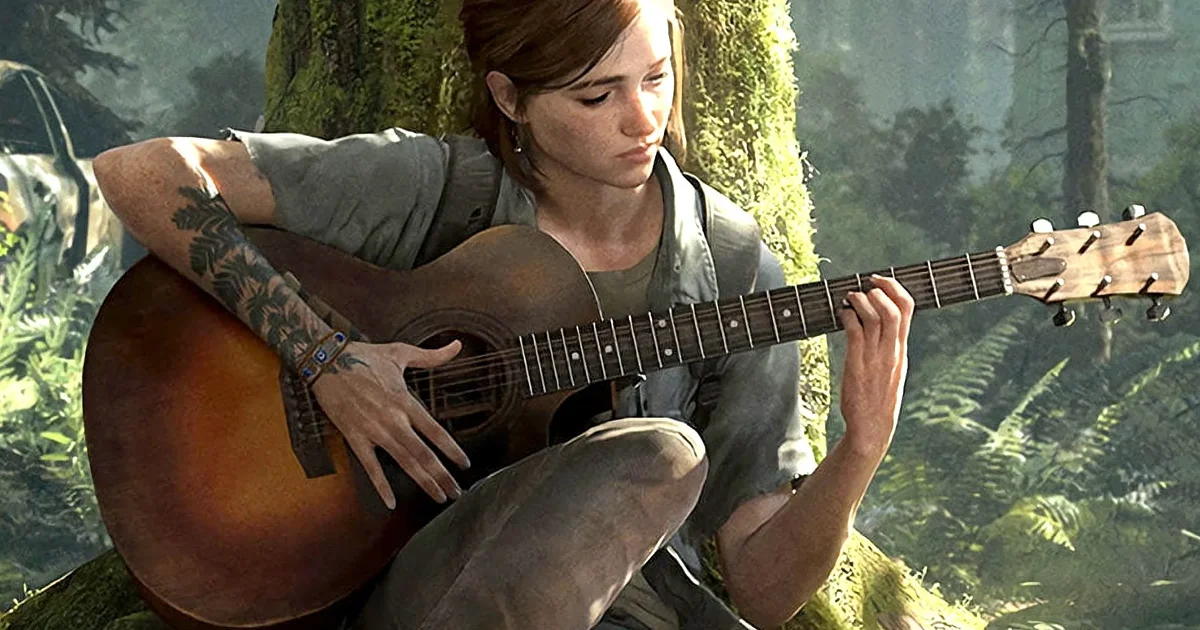"Dealing with multiple hardware variations is only difficult when you have to spend the largest amount of time tuning and optimising for the lowest-spec hardware, such as Series S"



I’m confused why you quoted me here.

Damn imagine playing a PS5 now. shyt is outdated.
 og ps5
og ps5Yeah, YOU were the main one mocking itI’m confused why you quoted me here.
I didn’t make that thread.
And in it i was advocating full, real 4k.
At that time “upscaling” was mocked and games were judged specifically by their internal resolution.
Now yall running out to buy an “upscaling” machine and posting cac tweets about how upscaling is the future of games and internal resolutions doesn’t mean anything anymore.
You and your cac tweets inconsistent as always

and i still am right now.Yeah, YOU were the main one mocking it

Wowand i still am right now.
Yall the ones that changed your story.
Xbox one was shytted on for sub 1080 games. Now all these year later you are running out to buy a 700 console that will play sub 1080p games cause it’s got a new buzzword you can stan
We changed our story? We were the ones talking about reconstruction/upscaling methods to make games look better and then soon after you started seeing new things come out like DLSS, FSR, XeSS years later and now Sony is jumping into it with PSSR.and i still am right now.
Yall the ones that changed your story.
Xbox one was shytted on for sub 1080 games. Now all these year later you are running out to buy a 700 console that will play sub 1080p games cause it’s got a new buzzword you can stan

We changed our story? We were the ones talking about reconstruction/upscaling methods to make games look better and then soon after you started seeing new things come out like DLSS, FSR, XeSS years later and now Sony is jumping into it with PSSR.
U always hated the Greatstation's accomplishments
The fact that you really are trying to say you think Ryse, a game that's running in 900P is graphically better than the 1080p games posted above is laughable.


Developer Naughty Dog is refreshingly open about the basic rendering setup in this update. The new "Pro" mode delivers a 4K final image with PSSR upsampling from a 1440p internal resolution at 60fps. That means we're looking at a new rendering option that superficially seems similar to the old Performance mode, with the same internal rendering resolution and frame-rate target, so most image quality differences here should come down to that new reconstruction method.
In side-by-sides, the PSSR upscale is delivering a lot of extra image detail relative to the old 1440p render. The difference can be surprisingly stark at times, like with the fine textures and water droplets on Abby's backpack, which are rendered with much more detail on Pro. Part 2 has some very nice art assets, and PSSR exposes a lot of texture detail that's obscured on the base machine. It also does a good job of avoiding moiré patterns on fine texture detail, which is very good for an upsampling solution. Texture art at oblique angles also resolves more clearly, though I believe anisotropic filtering settings are unchanged.
Image stability is somewhat more mixed. Head-to-heads in most scenes reveal that both machines offer a consistent and temporally stable image from a normal viewing distance. There is a bit of a trend on Pro to resolve a bit more detail, while also suffering from extra image breakup. For instance, hanging strings on the base console become faint and flicker lightly in and out of view, while the Pro resolves sharper lines that have a tendency to pulse over multiple frames. The Pro definitely delivers clearer foliage rendering, but we do see obvious breakup - and occasionally a bit of PSSR blur as well. Rarely, scenes expose substantially more breakup on Pro than the base console. In typical play though, I think both options are doing a good enough job.
PSSR tends to present with a bit of extra image breakup on geometric edges and foliage in comparison to DLSS, at least in its early incarnation here. PSSR's infancy is key though, as DLSS has had nearly six years of in-the-wild deployment to develop and evolve to what we have today. Sony developers have confirmed that they've already seen substantial performance and quality improvements with PSSR so far, and I expect that trend will continue. But in the here and now, PSSR at least seems better than FSR at delivering a temporally stable image.
Interestingly, Naughty Dog is leaving the old PS5 modes in as well - alongside an option to unlock the frame-rate entirely on VRR panels, like we've seen with prior Naughty Dog efforts on PS5. According to the developer though, these older modes really just exist on PS5 Pro as a reminder of how the game looked before. That said, if the full power of the Pro is deployed in the older modes with unlocked frame-rates, you should see a substantial performance edge over the base console. It's likely the 40fps fidelity mode option will remain as well when using 120Hz output with the unlocked toggle on, but without VRR enabled.
Overall, I'd say the PS5 Pro's rendition of The Last of Us Part 2 seems successful, even in this pre-release state. It delivers a credible looking 4K image with excellent detail and pretty good image stability, at a virtually flawless 60fps update. It's effectively as Mark Cerny put it in the PS5 Pro announcement video - "achieving fidelity-like graphics at performance frame-rate". Rich came away with similar impressions from his capture session, as he actually played and recorded the PS5 Pro devkit capture used for the accompanying video and screenshots above
